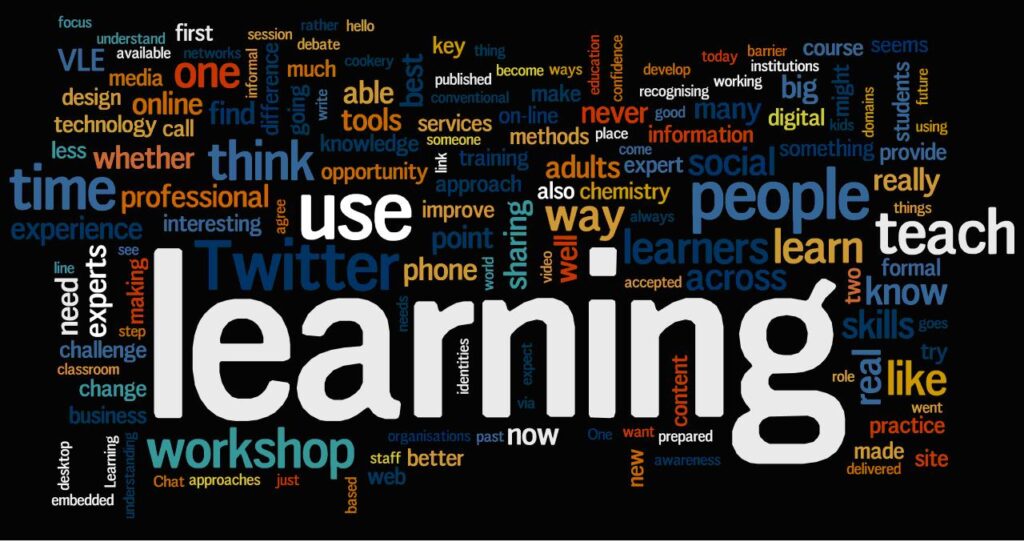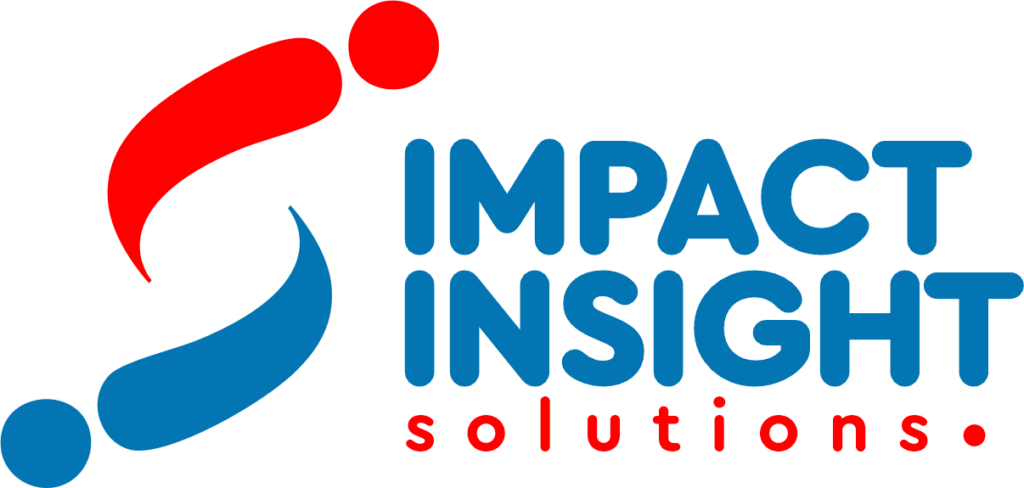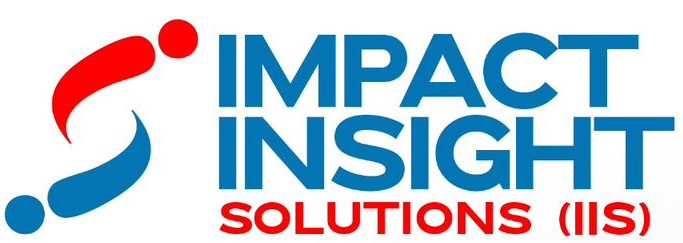
Introduction
In today’s rapidly changing professional landscape, the importance of lifelong learning in achieving career success cannot be overstated. Continuous learning not only enhances professional growth but also provides individuals with a competitive edge in the job market. we will be discussing the significance of lifelong education, exploring its various forms and highlighting the benefits it brings to personal and career development.
What is Lifelong Learning
Lifelong learning or continuous learning and/or continuous education, all meaning the same thing. This phrase can be defined as the intentional and continuous pursuit of knowledge and skills throughout one’s life. It goes beyond formal education and encompasses various forms of learning, such as self-directed study, online courses, workshops, and professional development programs. In modern society, continuous learning is crucial to staying relevant, adapting to change, and thriving in a dynamic workforce.
The Benefits
There are many benefits that comes from living a life of continuous learning both in career prospects and overall success. By engaging in continuous education, individuals can constantly update their skill set and expand their knowledge base. This not only makes them more valuable to employers but also enables them to offer unique insights and innovative solutions to workplace challenges. Moreover, lifelong learning cultivates adaptability, critical thinking, and problem-solving abilities, providing individuals with a competitive edge in the ever-evolving job market.
Formal Education vs Lifelong Education
Most people often mistake formal education for continuous education, but both are not same. while formal education is a structured learning experiences in academic institutions, leading to degrees or certifications. While the later encompasses a broad range of learning activities that go beyond formal education, developing both personally and professionally. While formal education is part of lifelong education, lifelong education is more than just formal education.
Personal Growth and Lifelong Learning
Beyond career advancement, lifelong learning also contributes to personal growth and development. By engaging in continuous education, individuals can broaden their horizons, explore new subjects, and gain a deeper understanding of the world around them. continuous learning opens doors to new experiences and perspectives, fostering a sense of intellectual curiosity and personal fulfillment. It provides individuals with the tools to continuously improve themselves, both personally and professionally.
Lifelong Learning and Career
- Career Advancement
Continuous education plays a pivotal role in career advancement. By investing time and effort into lifelong learning, individuals can acquire new skills and knowledge that propel them forward in their respective industries. This increased expertise often leads to promotions, salary increments, and other opportunities for professional growth. Employers appreciate employees who demonstrate a commitment to continuous learning, as it shows dedication, ambition, and a proactive approach to their career development.
- Navigating Successful Career Transitions
Lifelong learning is particularly valuable when navigating career transitions or exploring new industries. Continuous education provides individuals with the skills and knowledge necessary to make seamless transitions between careers or industries. By acquiring new competencies and adapting existing ones, individuals can position themselves as qualified candidates in their desired fields. Lifelong learning ensures that individuals are equipped to embrace change, reinvent themselves, and pursue new opportunities throughout their professional journey.
- Career Switchers
Continuous education might be quite advantageous for people who are thinking about changing their career. Career changers can acquire the skills and information needed for smooth transitions through perpetual education. Individuals can fill up any knowledge gaps and establish themselves as reputable prospects for their new career choices by participating in targeted learning activities. With the help of continuous education, people can confidently change directions in their jobs, creating a multitude of fruitful and gratifying options.
Lifelong Learning and Professional Development
- Empact on Employability
Continuous learning significantly enhances an individual’s employability prospects. As the job market evolves, employers increasingly value candidates who demonstrate a commitment to ongoing learning. Lifelong learners are seen as adaptable, motivated, and capable of keeping up with industry advancements. By showcasing a dedication to continuous learning on resumes and during interviews, individuals can stand out from the competition and increase their chances of securing future job opportunities.
- Full-Time Jobber
Even though juggling a full-time work and lifelong education is challenging, it is feasible with the right time management strategies. Setting learning objectives as priorities, fitting brief study times into your week, and utilizing internet resources to give you flexibility are all good tactics. Making a supportive environment at home and asking for help from companies who embrace continuous learning can also help you successfully juggle your personal and professional obligations.
- The Role of Employers in Promoting Lifelong Learning
Employers play a vital role in fostering a culture of learning within organizations. Supporting continuous education initiatives, providing resources for professional development, and encouraging employees to pursue ongoing learning opportunities are key factors that contribute to employee growth and engagement. Employers who prioritize continuous education initiatives recognize its positive impact on the productivity, creativity, and overall success of their workforce. By investing in their employees’ continuous education, employers position themselves as forward-thinking organizations that value and nurture talent.
- Job Satisfaction
Lifelong learning has a profound impact on job satisfaction. Through continuous education, individuals can bridge any gaps in their knowledge or skills, which leads to increased confidence and competence in their roles. This, in turn, contributes to higher job satisfaction and a sense of fulfillment in the workplace. By investing in their own development, individuals feel more motivated, engaged, and empowered, ultimately creating a positive work environment for themselves and those around them.
Strategies for Busy Professionals
Even for busy professionals, incorporating lifelong learning into a hectic lifestyle is possible with effective time management strategies. Prioritizing learning goals, utilizing microlearning techniques, and creating dedicated study blocks can help individuals maximize their learning potential while balancing their professional and personal commitments. By making conscious efforts to allocate time for continuous education, busy professionals can reap the rewards of continuous learning without compromising their existing responsibilities.
Lifelong Learning and Entrepreneurship
For entrepreneurs, lifelong learning is a key driver of innovation and business growth. Continuous education enables entrepreneurs to stay ahead of market trends, acquire new skills relevant to their ventures, and identify opportunities for improvement. By embracing lifelong learning, entrepreneurs can continuously refine their entrepreneurial abilities and cultivate a mindset that is open to experimentation, adaptation, and creative problem-solving.
Overcoming Barriers
While the benefits of lifelong learning are undeniable, there are common obstacles that individuals may face when pursuing continuous education. Time constraints, financial limitations, and lack of access to suitable learning opportunities can pose challenges. However, there are strategies to overcome these obstacles and embrace lifelong learning. Prioritizing time management, seeking out affordable or free learning resources, and leveraging online platforms can help individuals overcome barriers and make lifelong learning a sustainable practice.
The Digital Age
Technology has revolutionized lifelong learning, making it accessible to individuals around the world. The digital age has brought forth a wealth of online resources and e-learning platforms that facilitate continuous learning. These platforms offer a wide range of courses, workshops, and educational materials, allowing individuals to tailor their learning journeys to their specific interests and career goals. Leveraging technology for lifelong learning empowers individuals to learn at their own pace and on their own terms.
The Future of Lifelong Learning
As the world continues to evolve, with emerging trends, such as microlearning, artificial intelligence, and personalized learning experiences, the landscape of continuous education is constantly reshaping. These advancements and changes of trends offer individuals even more flexibility, accessibility, and tailored learning experiences. Predictions suggest that the future of lifelong learning will be characterized by lifelong learning passports, collaborative learning communities, and the integration of technology into every aspect of the learning journey.
Conclusion
In conclusion, embracing lifelong learning is essential for unlocking career success and professional growth. By continuously investing in one’s education and personal development, individuals can enhance their career prospects, adapt to change, and maintain a competitive edge in the job market. this is not only beneficial for career advancement but also fosters personal growth, job satisfaction, and a sense of fulfillment in the workplace.





